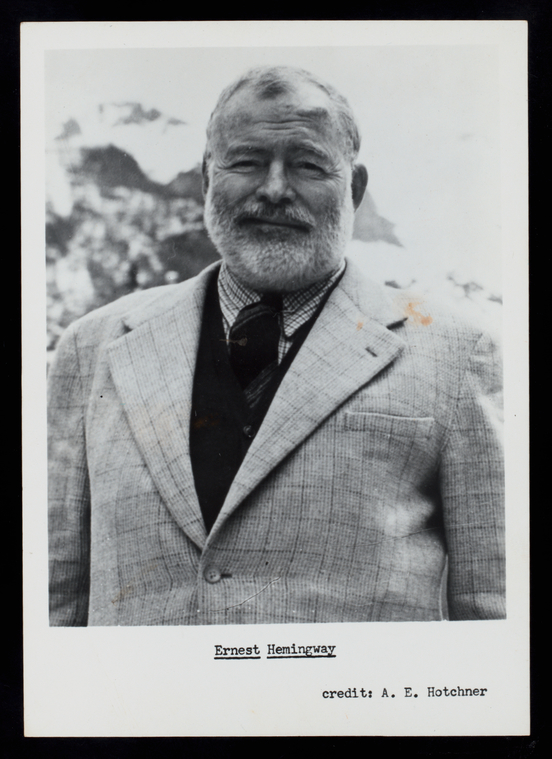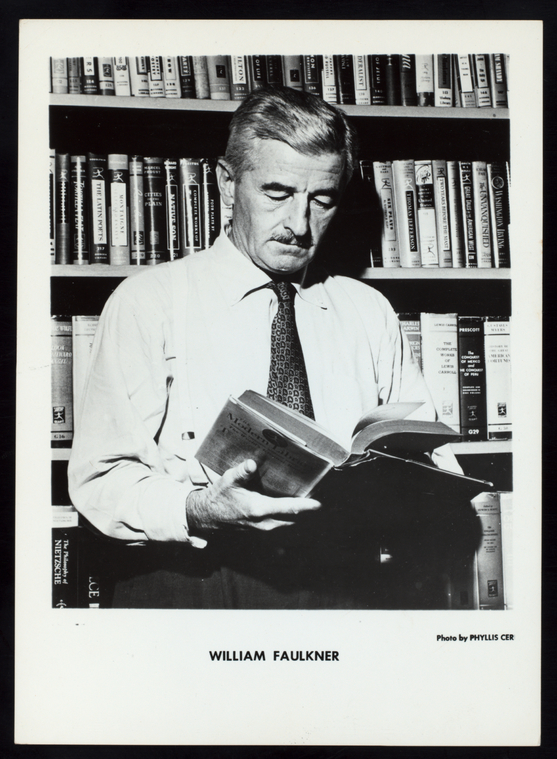Yesterday we sniffed out the title of Alan Paton's Cry, the Beloved Country. Today we do the same for John Steinbeck's The Grapes of Wrath.
Why did the one book make me think of the other? Well, despite their vastly different subject matter the two books are very similar stylistically. Paton came across Steinbeck's masterpiece on the same international tour of penal institutions during which he wrote his own novel. You can trace the American writer's influence in Paton's use of a preliminary dash to offset dialogue and, as we discussed yesterday, his use of intercalary chapters to make one family's tragedy a symbolic statement about the world at large.
Steinbeck's intercalaries are some of the most interesting parts of Grapes in my view. They range from abstract descriptions of banks as insatiable monsters, to bits of dialogue set on used car lots and roadside shanty towns. They allow Steinbeck to turn the Joad familiy's plight into a broad condemnation of the Depression Era powers that be.
So where do we get the title, The Grapes of Wrath? From the heartrending descriptions of agricultural waste that have left Oakies and migrant workers like the Joads hungry and destitute:
"The works of the roots of the vines, of the trees, must be destroyed to keep up the price, and this is the saddest, bitterest thing of all. Carloads of oranges dumped on the ground. The people came for miles to take the fruit, but this could not be. How would they buy oranges at twenty cents a dozen if they could drive out and pick them up? And men with hoses squirt kerosene on the oranges, and they are angry at the crime, angry at the people who have come to take the fruit. A million people hungry, needing the fruit- and kerosene sprayed over the golden mountains.
"And the smell of rot fills the country...
"The people come with nets to fish for potatoes in the river, and the guards hold them back; they come in rattling cars to get the dumped oranges, but the kerosene is sprayed. And they stand still and watch the potatoes float by, listen to the screaming pigs being killed in a ditch and covered with quicklime, watch the mountains of oranges slop down to a putrefying ooze; and in the eyes of the people there is the failure; and in the eyes of the hungry there is a growing wrath. In the souls of the people the grapes of wrath are filling and growing heavy, growing heavy for the vintage."
-Page 477 in my 1972 Viking Compass paperback












